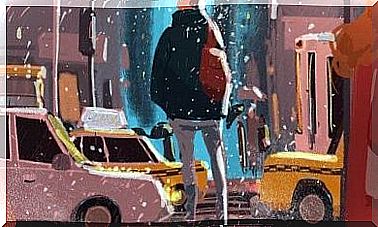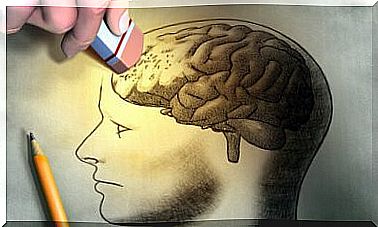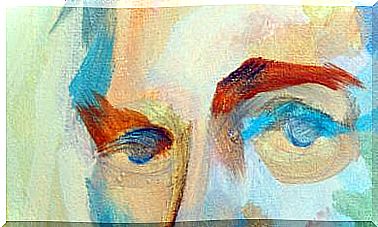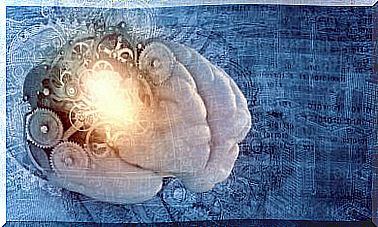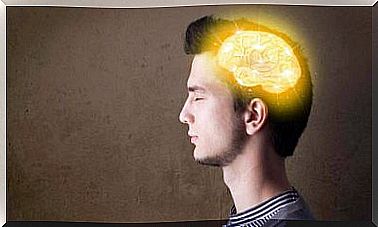Aldous Huxley, Biography Of A Prophet
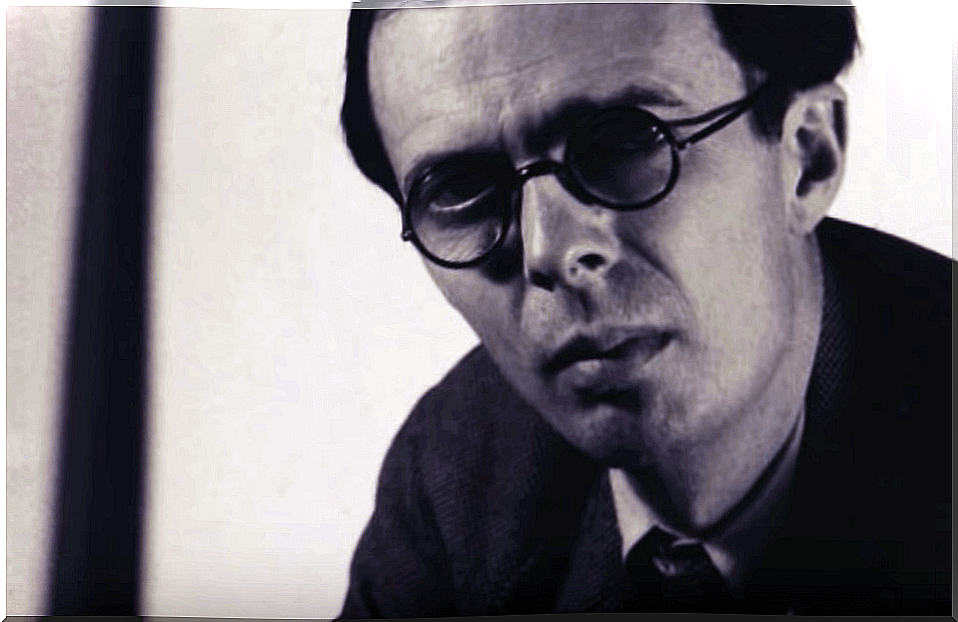
Although Aldous Huxley never set out to be a clairvoyant, much less a prophet, he ended up being so by virtue of his keen imagination. When he wrote A Happy New World , the most famous of his works, he did not pretend to make an omen, but to formulate a scathing criticism, which he even described as satirical, to the society in which he lived.
The truth is that A Happy World has become a faithful portrait of the contemporary world, although that was not its purpose. It is hard to believe that this work was written in 1930 and that even so it has mentioned such innovative topics for its time as: in vitro fertilization , three-dimensional cinema and advances in technology as a way to entertain and disperse the human mind.
Other Futurists, like George Orwell, predicted a world in which control over humans would be pinpoint and severe. Aldous Huxley, on the other hand, predicted a world in which we would all be slaves , without realizing it. “Happy slaves” manipulated from power, but living the fantasy that we control our own lives.
Science fiction and, more specifically, dystopia becomes, once again, a kind of premonition that ends up being fulfilled. A pessimistic vision of the future world that was realized too many decades ago and that, in one way or another, seems to have come true.

Aldous Huxley, paradoxical experiences
Aldous Huxley had the fortune to be born into a British family of intellectuals, an aspect that surely had a decisive influence on his training. His father, Leonard, was a prominent biologist and editor of a major scientific journal. One of his grandparents had been Charles Darwin’s right-hand man and two of his great-uncles were famous poets and novelists.
He had the misfortune to lose his mother to a malignant tumor when he was just 14 years old. By then, he was already a student at the famous Elton College, one of the most prestigious in the UK. Two years later, he had a powerful attack of punctate keratitis, a serious eye disease that affects the cornea.
Aldous Huxley was practically blind for a year and a half, during which time he learned to read with Braille and to play the piano. Fortunately, he regained some of his vision, although one of his eyes was seriously deficient.
Later, he came into contact with some theories about visual re-education and, with enormous tenacity, applied them to himself. In this way, he notably improved his vision and wrote his first book, precisely, on this subject.
Nonconformity and writing
Huxley wanted to be a doctor, following the family scientific tradition, but his vision problems persuaded him to abandon this goal. He decided to study English Literature at Oxford, but after graduation, he found himself in a period of great job instability that would be marked by numerous career changes.
First, he worked as a school teacher, then he would dedicate himself to the bureaucracy in a ministry and, later, he worked in a chemical plant.
None of those jobs satisfied him and he ended up leaving them early. He also went through bitter moments because one of his brothers fell into a deep depression and was hospitalized, but fled the hospital and committed suicide. By then, his father had married a second time and one of the sons of his new union, Andrew Huxley, would become the Nobel Prize in Medicine.
There was a key year in the life of Aldous Huxley: 1919, when he was 25 years old. That year he married Marie Nys, a Belgian woman with whom he had his only son, Mattew, and with whom he remained until her death 35 years later. That same year, he began working as an editor at the famous Athenaeum magazine , where he formally began his writing career.
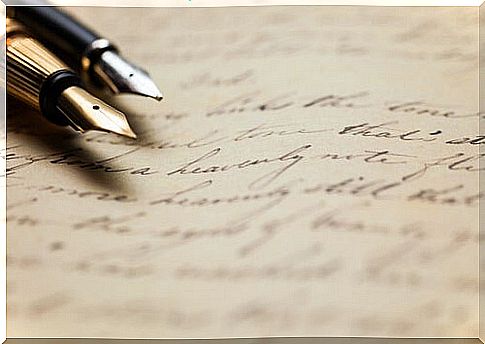
A happy life
Aldous Huxley was a tireless worker, who dabbled in various literary genres. He composed from essays, to poems, plays and film scripts, as well as texts of a mystical nature. He was also a tireless traveler, together with his wife, he toured countries on all continents and changed residence on numerous occasions.
All his early works were a show of skepticism and lack of faith in human beings. However, around 1941, he began to cultivate a deep interest in mystical subjects, in particular the philosophies and religions of India. His perspective began to change and this was accentuated when his wife was diagnosed with cancer.
At that time, Aldous Huxley experimented with psychedelic drugs out of sheer intellectual curiosity and under controlled conditions. Several of his books talk about these experiences. He accompanied his wife in the three years of agony that she had and remained by her side until the last minute. After his loss, he was kept locked up and in complete solitude for two months.
Upon leaving his confinement, he resumed his activities and, a year later, he married the Italian violinist and psychotherapist Laura Archera. In 1960, a tumor was detected on his tongue and three years later he died, the same day of the assassination of John F. Kennedy. He had asked to be administered LSD in his agony and died a peaceful death. Currently his work is alive and more current than ever.
